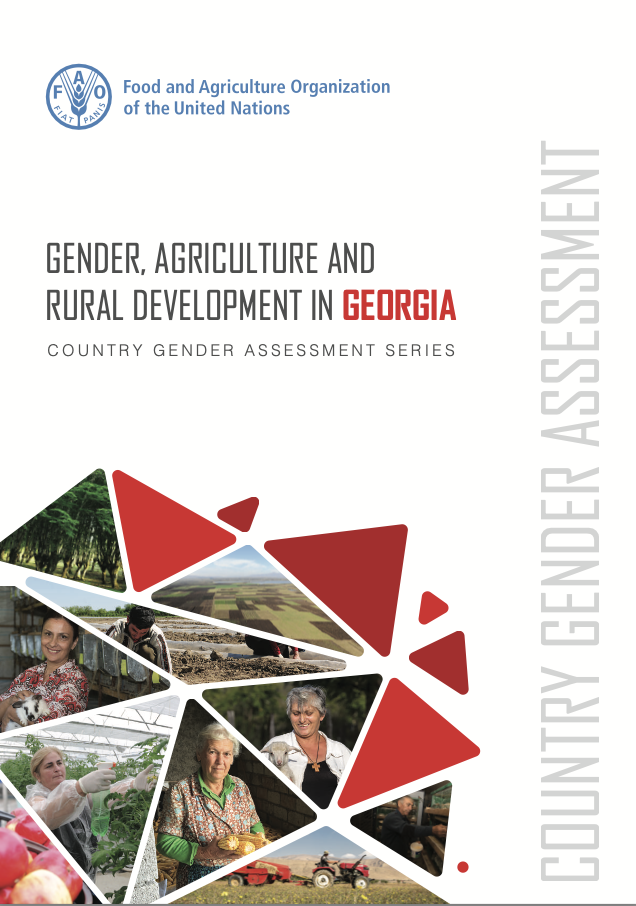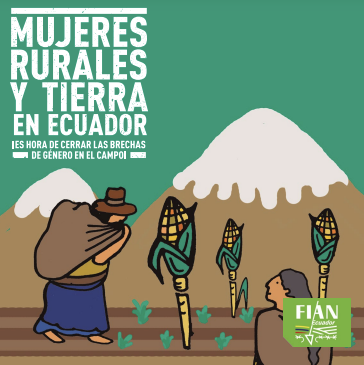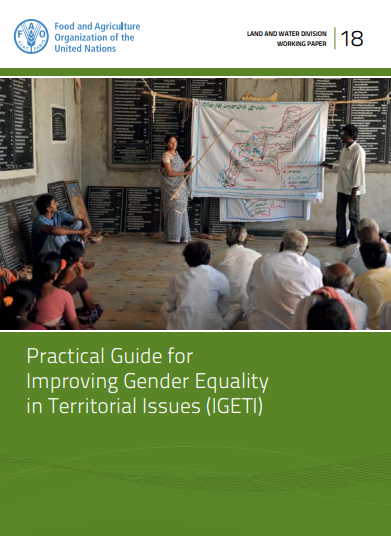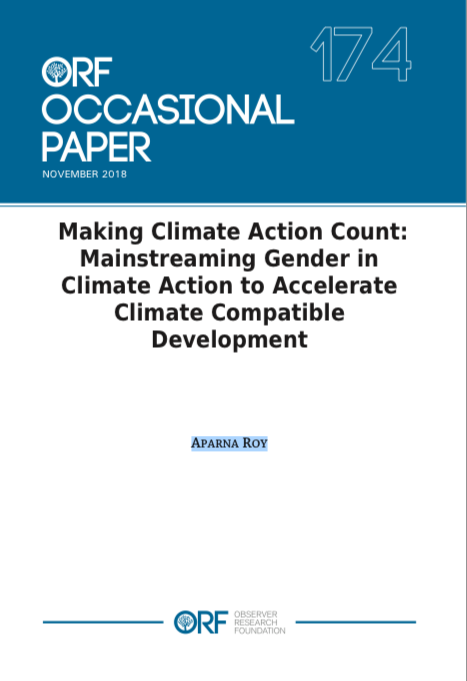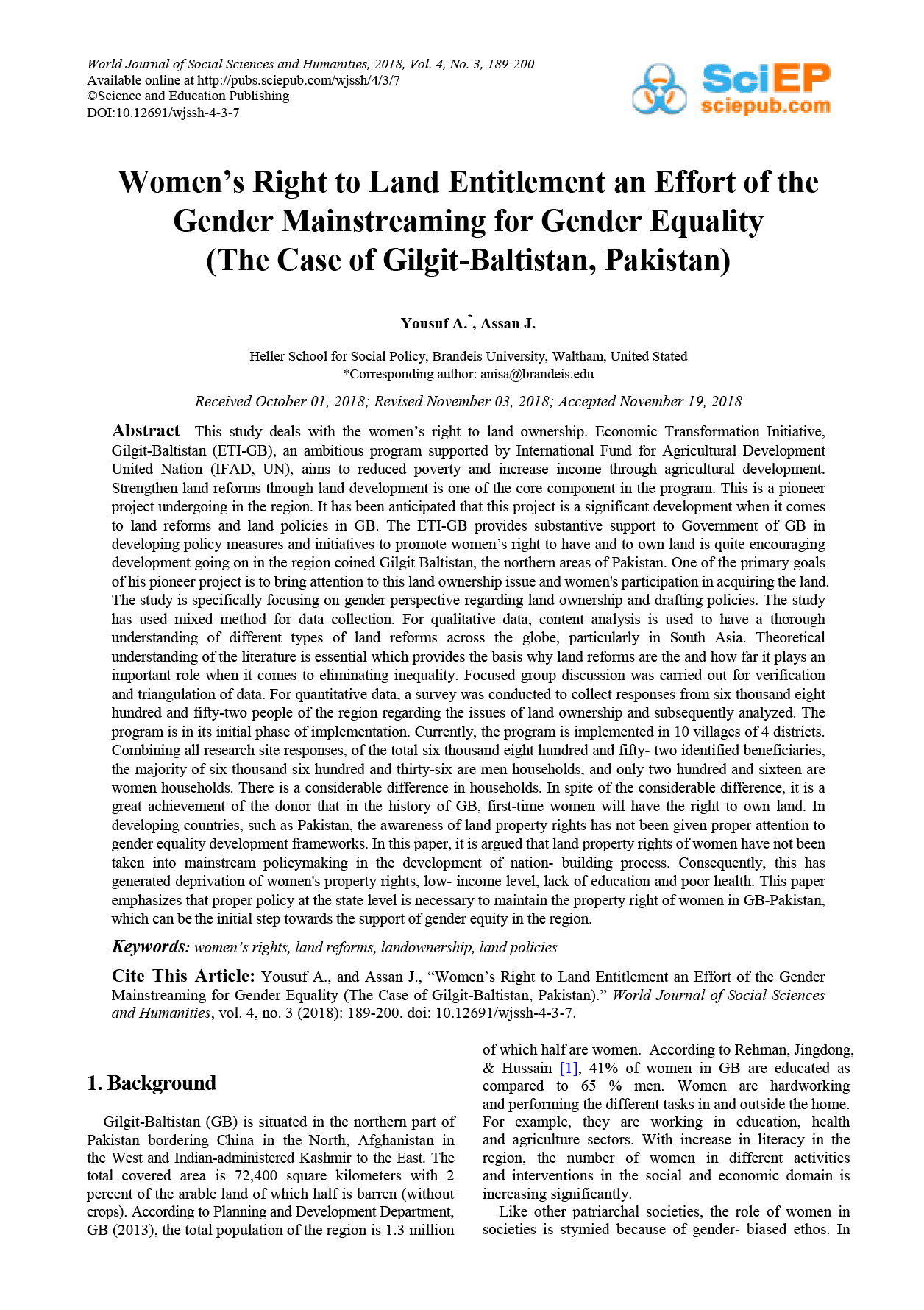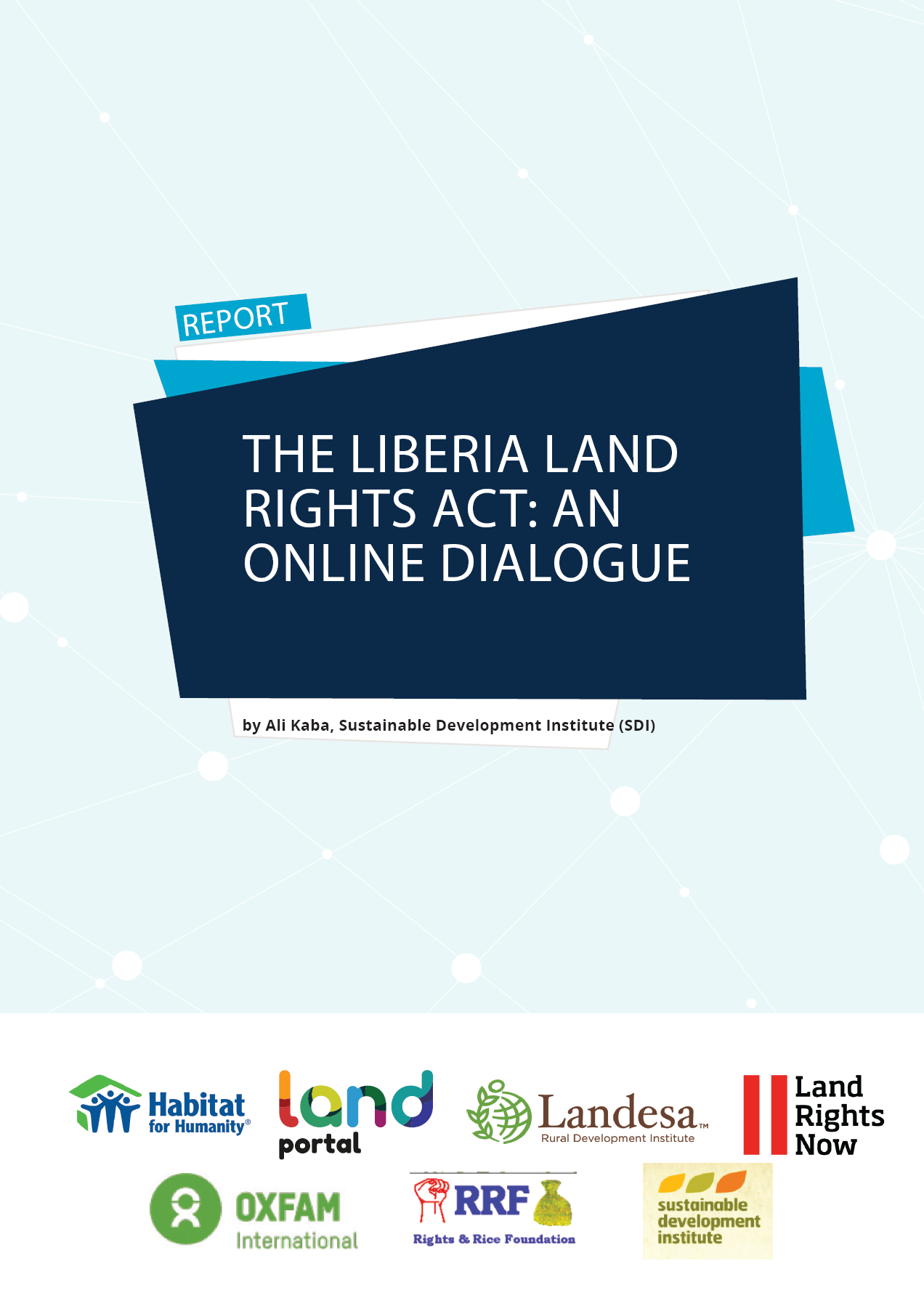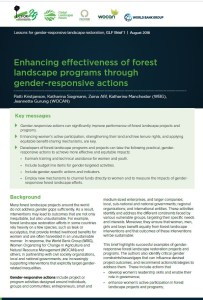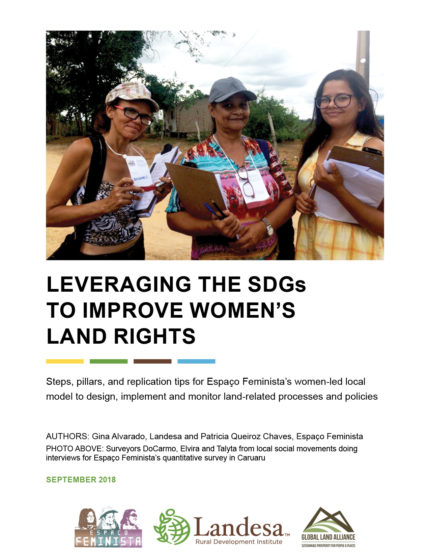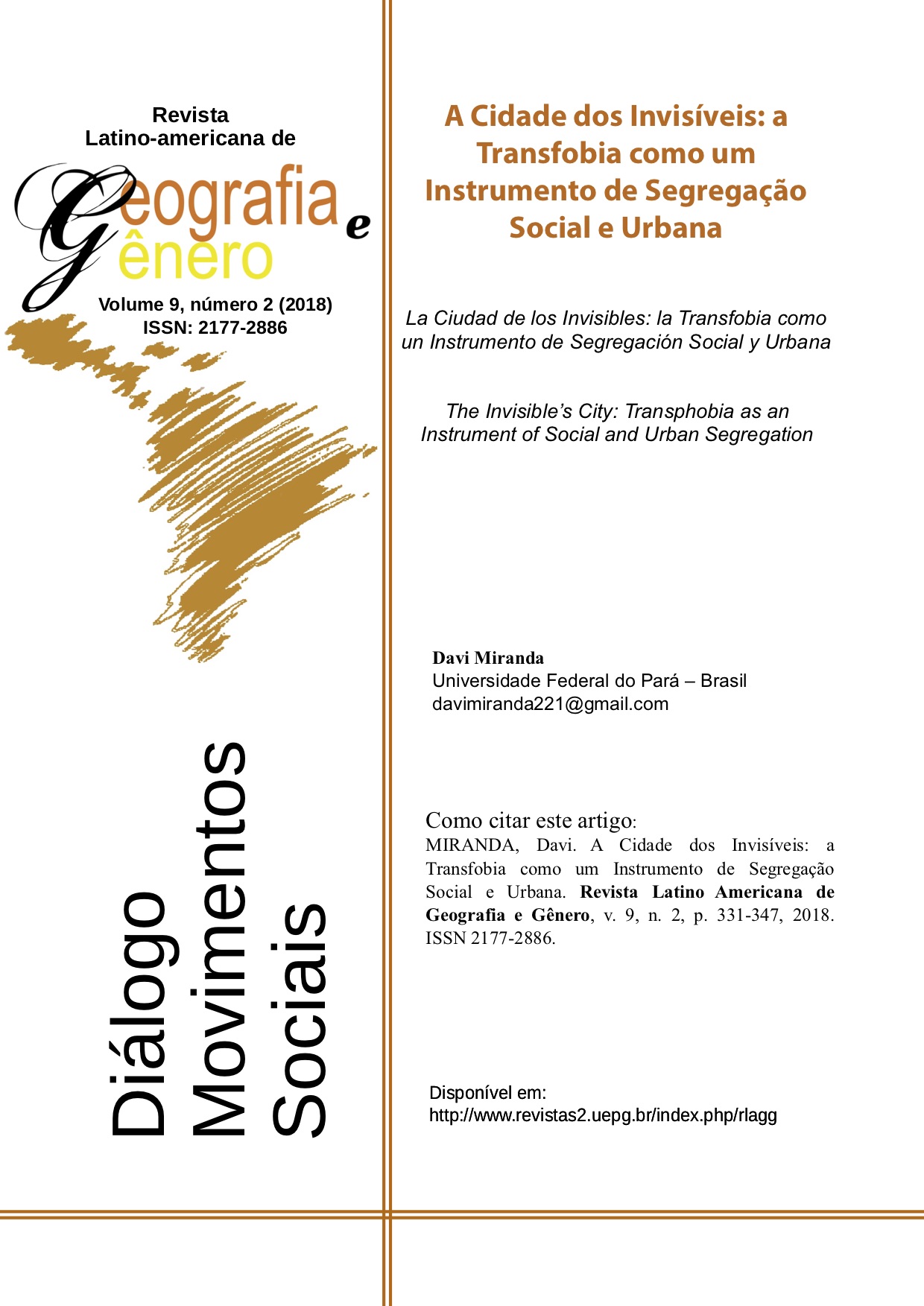Kazakhstan Country Gender Assessment
This assessment reviews ADB’s experiences in implementing gender mainstreaming in its portfolio in recent years. The assessment method has two main components. The first is a review of the status of gender equality and women’s empowerment in the country, based on a literature review, key statistics, policy documents, and key informant interviews. The second analyzes the achievements and challenges in mainstreaming gender equality in ADB’s programs and operations, and recommends the way forward to improve outcomes.


